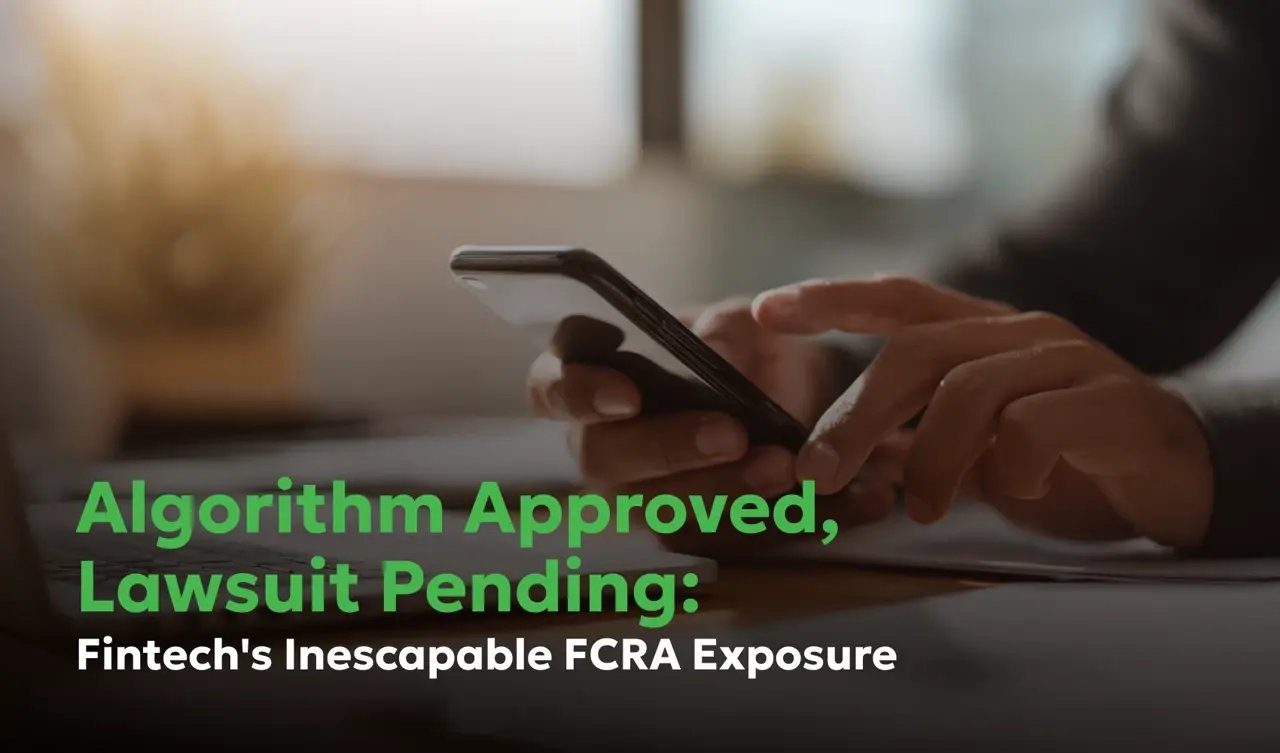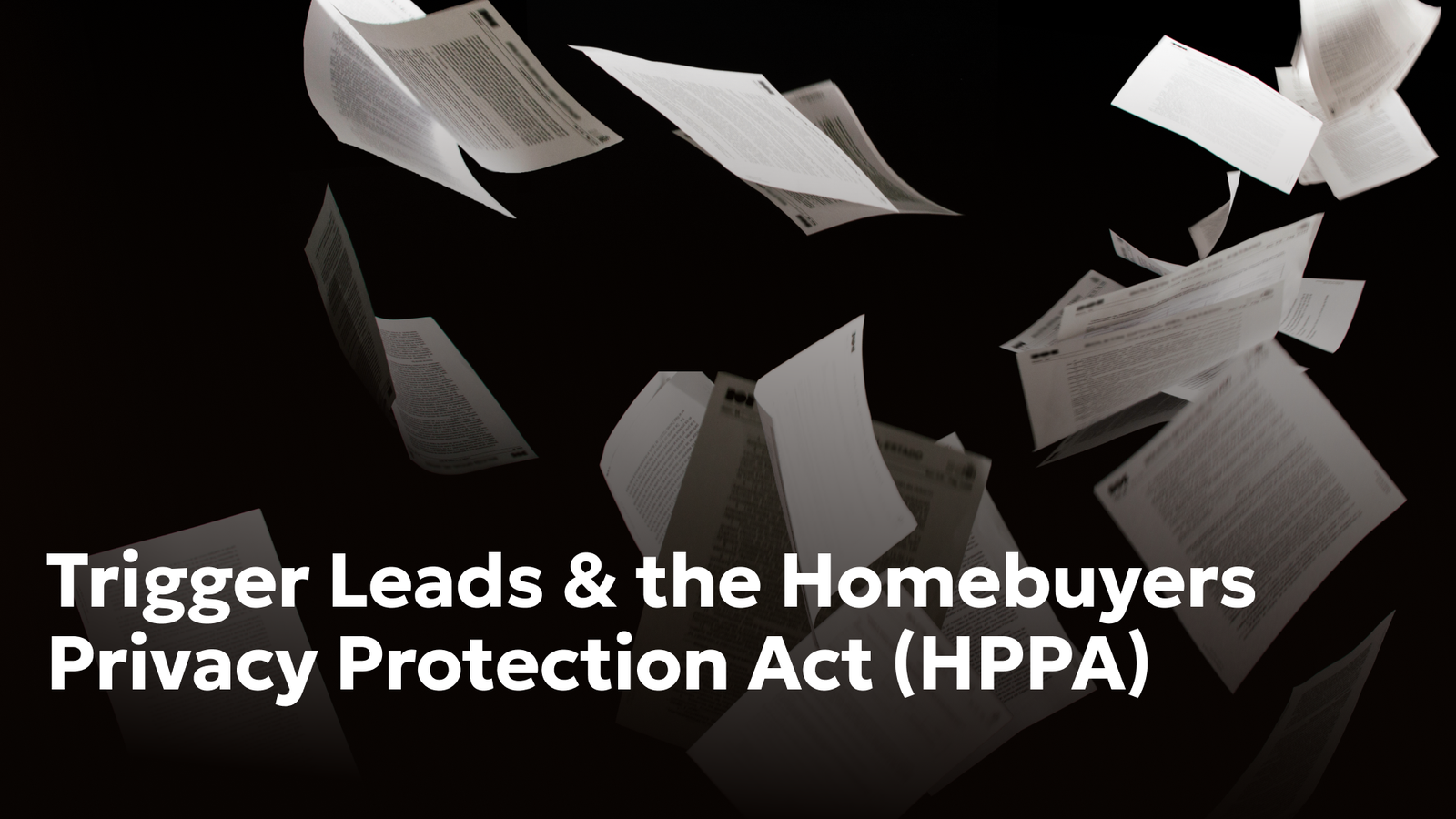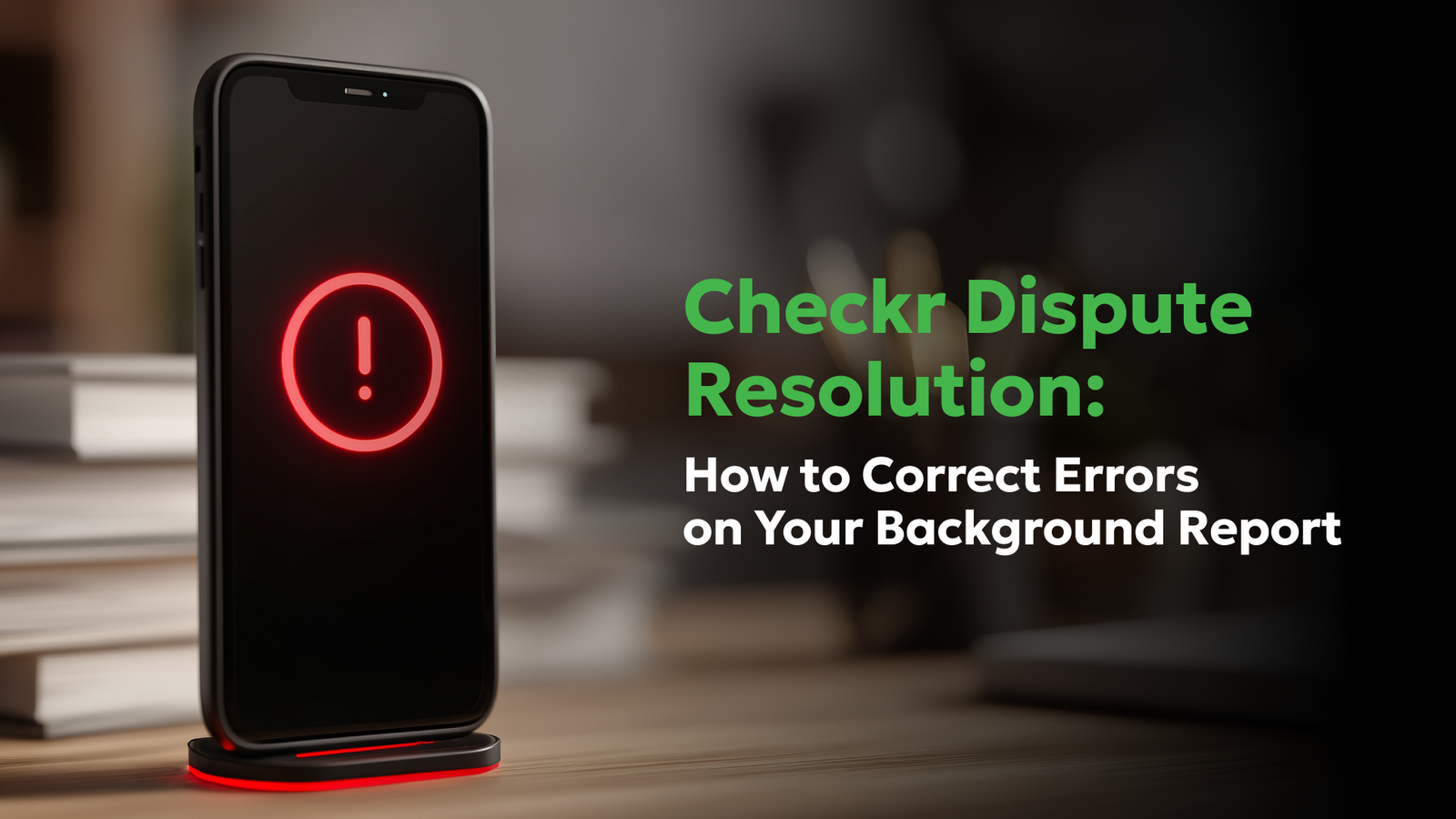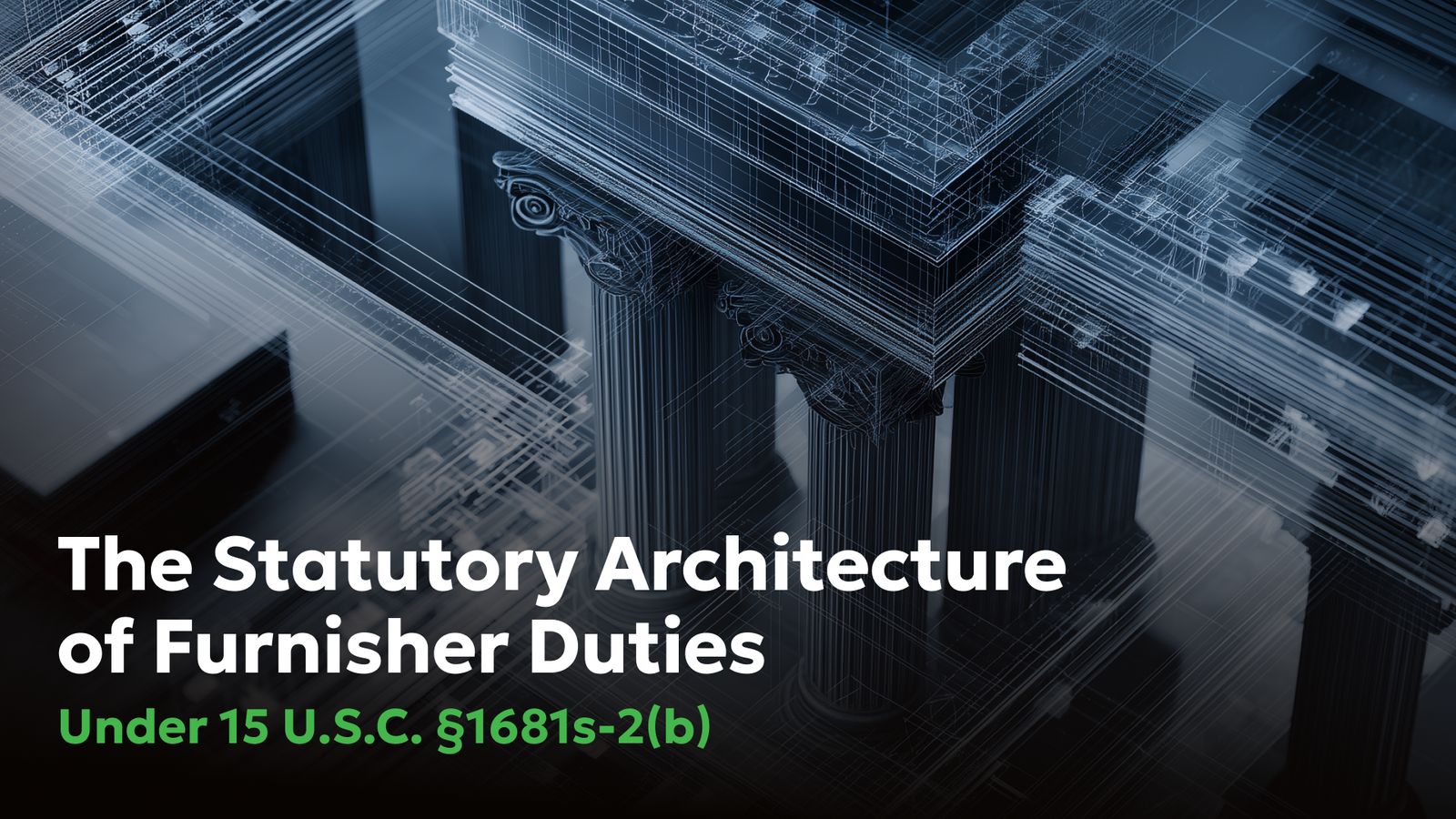Ban-the-Box and Fair-Chance Hiring Laws: A 2025 Guide for Job Seekers and Employers
- Blog
- All about FCRA
Ban-the-Box and Fair-Chance Hiring Laws: A 2025 Guide for Job Seekers and Employers

Ban-the-Box and Fair-Chance Hiring Laws: What Job Seekers and Employers Must Know in 2025
Over the past decade, “ban-the-box” and broader fair-chance hiring rules have reshaped how employers evaluate candidates with criminal records. As of 2025, at least 37 states, the District of Columbia, and more than 150 cities and counties have adopted some form of ban-the-box policy that removes criminal-history questions from initial applications and delays background checks until later in the hiring process. National Employment Law Project
Why does this matter? Roughly 70–80 million U.S. adults – about one in three – have some form of criminal history. For them, early “Have you ever been convicted?” screens can be a near-automatic rejection, regardless of current qualifications. Fair-chance policies aim to let skills speak first. National Employment Law Project, NCSL
What these laws actually do
Most fair-chance frameworks share core elements. They remove the conviction checkbox from initial applications, push any criminal-history inquiry and background check until after a conditional offer, and require individualized consideration of a past offense before an offer is withdrawn. In practice, that means evaluating job-relatedness, time since the offense, and evidence of rehabilitation – rather than applying blanket bans. City of Philadelphia, NYC Government
Two important layers interact with these laws:
- The federal Fair Chance to Compete for Jobs Act now restricts federal agencies (and contractors acting on their behalf) from asking about criminal history until after a conditional offer, and provides a complaint process for applicants. Federal Register, U.S. Office of Personnel Management, HHS.gov
- The Fair Credit Reporting Act (FCRA) governs how background checks are used. If an employer may take adverse action based on a report, it must first give the applicant a copy of the report and the CFPB’s “Summary of Your Rights,” then allow time to respond before making a final decision. Consumers who dispute inaccuracies generally trigger a 30-day reinvestigation obligation for the reporting agency. Federal Trade Commission, Consumer Financial Protection Bureau, Legal Information Institute
How the rules vary by location
- California: The state’s Fair Chance Act and 2023 regulations (2 CCR § 11017.1) reinforce delayed inquiries, require a documented individualized assessment before rescinding a conditional offer, and bar blanket policies. California remains among the nation’s most protective regimes. Civil Rights Department, LCW Legal
- New York City: The NYC Fair Chance Act - updated in 2021 - sets out a detailed “Fair Chance Process,” including a required written analysis of job-relatedness and specific notice/timing steps before any adverse action. NYC Government
- Philadelphia: The city’s Fair Chance Hiring Law prohibits questions about criminal history during applications or interviews and permits checks only after a conditional offer, with additional limits on what may be considered. Updates have been proposed in 2025 to strengthen enforcement. City of Philadelphia, Philadelphia City Council
- Texas: A 2023 state law (HB 2127, the “Texas Regulatory Consistency Act”) broadly preempts local ordinances in several subject areas; as a result, Austin’s private-employer fair-chance ordinance can no longer be enforced by the city while litigation continues. Multi-location employers should confirm current applicability before relying on local rules. LegiScan, Forbes, BackgroundChecks.com
What the research says
Evidence shows meaningful benefits – especially in public-sector hiring – alongside areas that need continued attention. A well-cited longitudinal study found that after ban-the-box adoption, the probability of public employment for people with convictions rose by about 4 percentage points (roughly a 30% increase relative to baseline). scholarworks.smith.edu
At the same time, some audit and labor-market studies have documented mixed or uneven outcomes in the private sector, including concerns that delaying criminal-history data may – absent broader anti-bias safeguards – exacerbate racial disparities in callbacks for some groups. Policymakers and employers increasingly pair fair-chance timing rules with structured, job-related assessments to counter those effects. Yale Law School, Chicago Journals, documents.ncsl.org
Practical tips for job seekers
- Know your local rights. Check whether your state or city has a fair-chance law (NELP maintains an up-to-date map and guide). National Employment Law Project
Ask for the paperwork. If an employer moves to withdraw an offer based on your report, you’re entitled – under the FCRA – to a copy of the report and the CFPB “Summary of Your Rights,” plus time to respond before any final denial. Federal Trade Commission - Check for errors and dispute quickly. Background reports contain mistakes more often than you’d think. File a written dispute with the reporting agency; it usually must reinvestigate within 30 days. Legal Information Institute
- Prepare your narrative. If a conviction is discussed after a conditional offer, bring proof of rehabilitation (training, certificates, references) and be ready to explain how your current skills meet the job’s needs. NYC and California explicitly require individualized, job-related analysis. NYC Government, Civil Rights Department
Compliance essentials for employers
- Clean up the application flow. Remove conviction questions from initial forms and recruiting platforms; time any background checks for post-conditional-offer. For federal agencies/contractor roles, ensure the Fair Chance Act timing rules are met and that complaint procedures are posted. Federal Register
- Use a structured assessment. Before rescinding an offer, complete and keep a written individualized assessment weighing job-relatedness, time since offense, and rehabilitation evidence (California and NYC provide detailed frameworks). Civil Rights Department, NYC Government
- Follow the FCRA to the letter. Provide pre-adverse action notices with the report and the CFPB Summary of Rights, give a reasonable response window, then send an adverse-action notice only after considering the candidate’s response. (Federal Trade Commission)
- Plan for multi-state operations. Track fast-moving preemption or amendments (e.g., Texas HB 2127) and configure your ATS to apply the strictest applicable workflow across locations. LegiScan
- Employers and HR teams: Unsure how to implement compliant, fair-chance workflows – or facing a complaint? We advise on multi-jurisdiction rollout, vendor alignment, and documentation that reduces liability while widening your talent pipeline. Civil Rights Department, NYC Government
Disclaimer: This guide provides general information as of September 5, 2025, and is not legal advice. Laws change quickly and vary by jurisdiction.
Sources & Methodology:
- National Employment Law Project (NELP) – Ban-the-Box/Fair-Chance map;
- OPM Final Rule implementing the Fair Chance to Compete for Jobs Act (2023);
- NYC Commission on Human Rights – Fair Chance Act Guidance;
- California Civil Rights Department – Fair Chance Act & 2 CCR §11017.1;
- CFPB – FCRA “Summary of Your Rights” and 15 U.S.C. §1681i (dispute/reinvestigation).


Related Articles




R
ONGS™You pay nothing. The law makes them pay.







